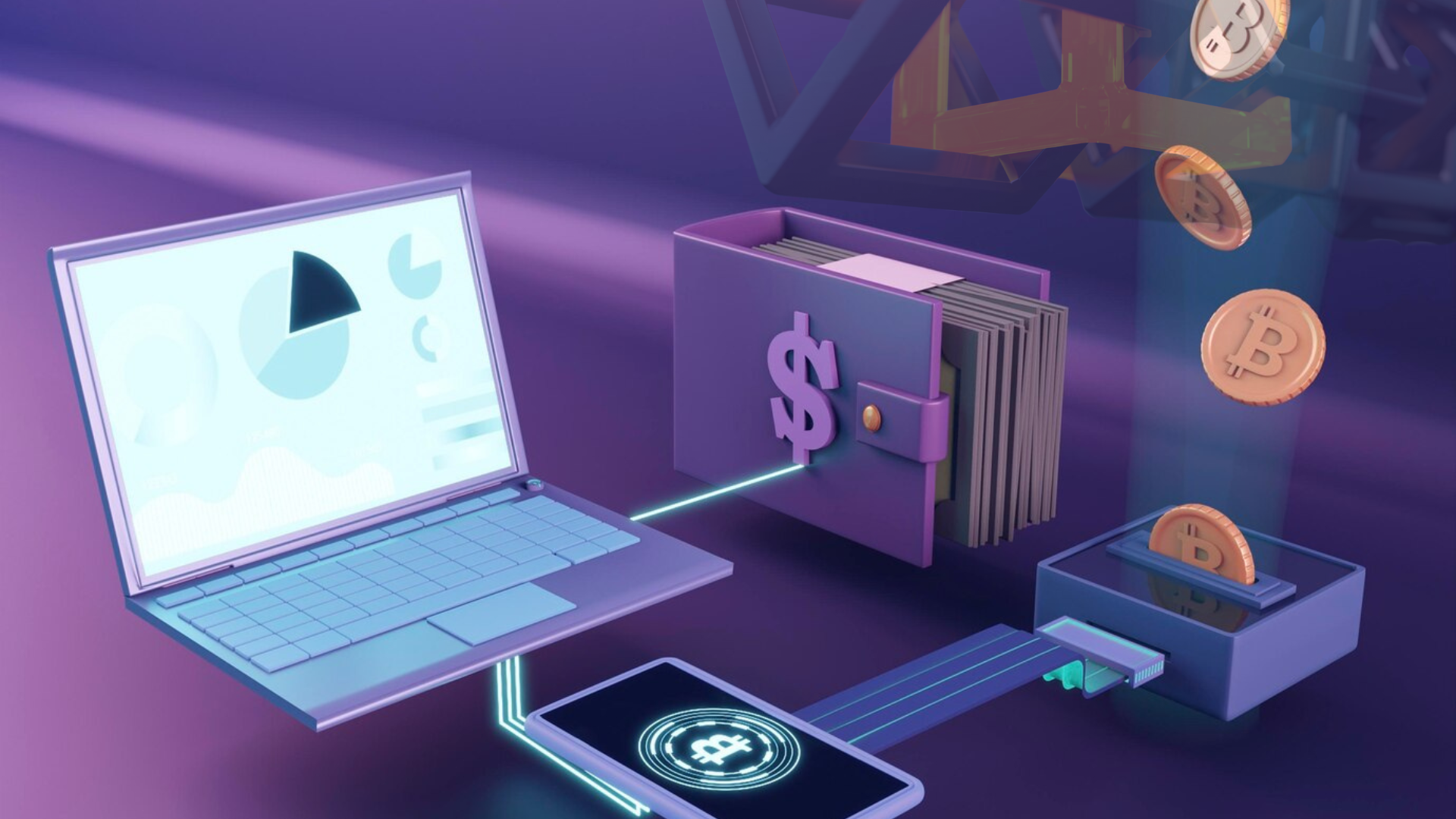
THORChain core developer Pluto has announced his departure following the controversial decision to reverse a vote aimed at blocking transactions linked to North Korean hackers. The move has sparked further tensions within the protocol, with a key validator also threatening to exit unless THORChain implements measures to prevent illicit fund flows.
Pluto’s Departure and Validator Ultimatum
In a recent post, Pluto confirmed that he would “no longer be contributing to THORChain” but assured that he would remain available to Nine Realms for as long as needed to ensure a smooth transition. While Pluto did not explicitly state the reason for his exit, validator TCB quoted his announcement, adding that they too would leave the protocol if it does not swiftly adopt a solution to prevent North Korean hacker-linked transactions.
TCB had previously been one of three validators who voted to halt Ethereum trading on THORChain in an effort to stop the movement of funds associated with Lazarus Group, the North Korean state-backed hacking collective. However, on February 27, developer Oleg Petrov confirmed that the vote was reverted within minutes.
THORChain’s Role in Crypto Laundering
The controversy follows reports that THORChain has been used to process stolen funds linked to one of the largest crypto hacks in history. Data from LookOnChain indicates that the Bybit hacker laundered 270,000 ETH ($605 million), representing 54% of the stolen funds, through THORChain’s cross-chain swap protocol.
According to previous reports, the influx of stolen assets boosted THORChain’s trading volume to $2.91 billion and generated $3 million in fees in just five days. The protocol’s daily trading volume has since reached $650 million, significantly higher than its pre-hack average of $80 million.
THORChain Founder’s Response
THORChain founder John-Paul Thorbjornsen responded to the situation, confirming that he had personally recommended that nodes continue trading despite concerns about illicit transactions.
“I recommended to all the nodes I delegate with to continue trading. I have checked the OFAC/FBI list and none of those addresses have ever interacted with TC. I have not been served by any authority, nor aware of any node that has.”
Thorbjornsen added that while he would support validators choosing to implement a static deny list based on OFAC/FBI sanctions, he would not back a third-party dynamic blacklist at the protocol level.
Additionally, he dismissed allegations that THORChain enables money laundering, stating that transactions can be tracked transparently, as Ethereum-to-Bitcoin swaps often lead to centralized exchanges (CEX), where illicit funds can be flagged and reported.
The fallout from the failed vote has left THORChain at a crossroads, as tensions between its core team, validators, and security-conscious stakeholders grow. With the departure of Pluto and the potential exit of other validators, the protocol faces increasing scrutiny over its handling of illicit transactions and its stance on regulatory compliance. Whether THORChain implements stricter controls or continues its commitment to decentralization remains to be seen, but the controversy highlights the growing challenge of balancing transparency and security in the crypto ecosystem.


























































































































































































































































































































































































































































































































































































































































































































































































































































































































































































































































































































